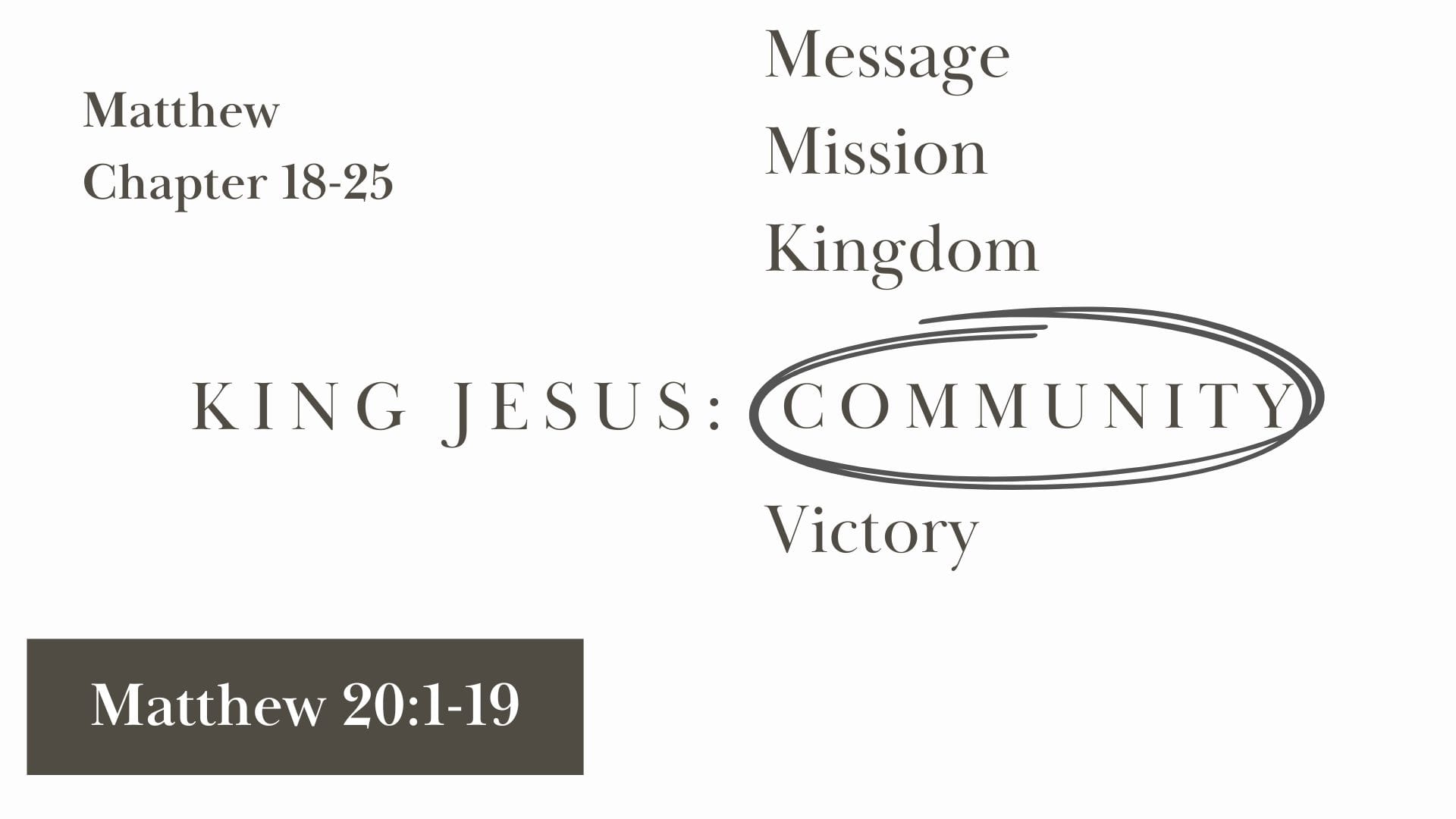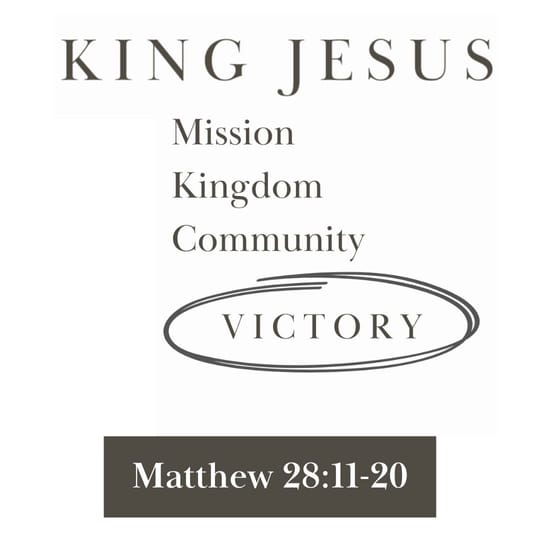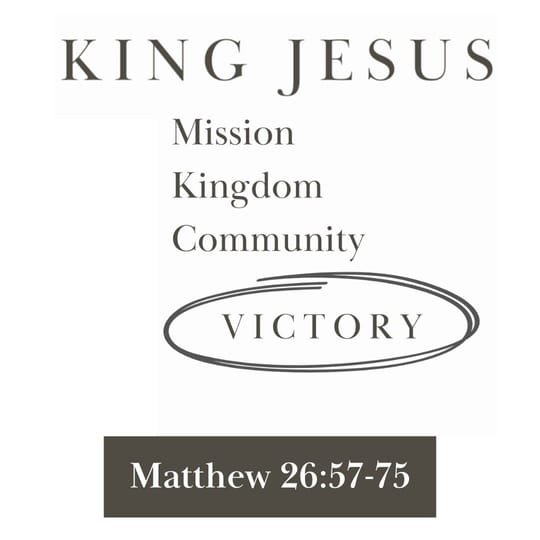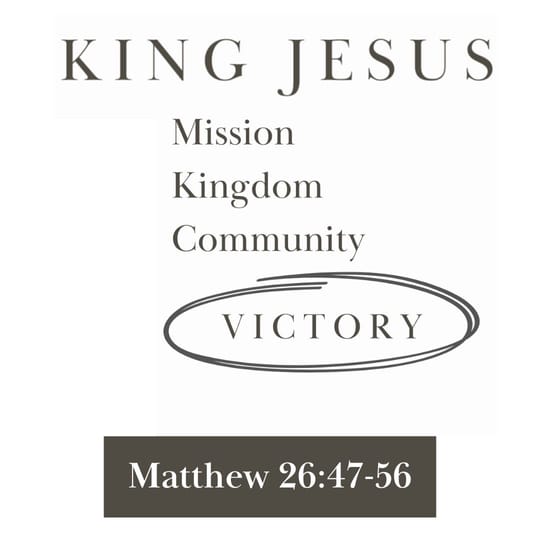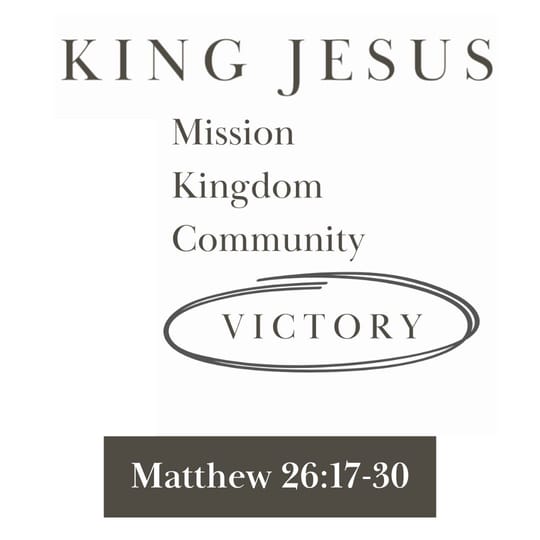Text:
For the Kingdom of Heaven is like the landowner who went out early one morning to hire workers for his vineyard. He agreed to pay the normal daily wage and sent them out to work. At nine o’clock in the morning he was passing through the marketplace and saw some people standing around doing nothing. So he hired them, telling them he would pay them whatever was right at the end of the day. So they went to work in the vineyard. At noon and again at three o’clock he did the same thing. At five o’clock that afternoon he was in town again and saw some more people standing around. He asked them, ‘Why haven’t you been working today?’ They replied, ‘Because no one hired us.’ The landowner told them, ‘Then go out and join the others in my vineyard.’ That evening he told the foreman to call the workers in and pay them, beginning with the last workers first. When those hired at five o’clock were paid, each received a full day’s wage. When those hired first came to get their pay, they assumed they would receive more. But they, too, were paid a day’s wage. When they received their pay, they protested to the owner, ‘Those people worked only one hour, and yet you’ve paid them just as much as you paid us who worked all day in the scorching heat.’ He answered one of them, ‘Friend, I haven’t been unfair! Didn’t you agree to work all day for the usual wage? Take your money and go. I wanted to pay this last worker the same as you. Is it against the law for me to do what I want with my money? Should you be jealous because I am kind to others?’ So those who are last now will be first then, and those who are first will be last.” As Jesus was going up to Jerusalem, he took the twelve disciples aside privately and told them what was going to happen to him. “Listen,” he said, “we’re going up to Jerusalem, where the Son of Man will be betrayed to the leading priests and the teachers of religious law. They will sentence him to die. Then they will hand him over to the Romans to be mocked, flogged with a whip, and crucified. But on the third day he will be raised from the dead.”
The Kingdom of God is at its best with its COMMUNITY IS FIGHTING FOR UNITY.
Overall Commentary: 🌎
Jesus is heading toward Jerusalem, and He is in the middle of a long lesson about what it looks like for His community to work together, grow together, and fight for unity together. In this parable, he makes sure they understand they are all blessed to receive His salvation. This parable is usually called the parable of the vineyard works. However, it would be better to be named the parable of the generous landowner. We have every reason to trust Him... we should give it a try more often.
The Church needs to treat Jesus like He is Lord Over All and Let "God Be God."
Commentary
Verse 1-15: The Parable.
- "For the Kingdom of Heaven is like:" Every time you see this, realize Jesus is letting the audience know He is giving a parable to illustrate the complex spiritual principle He has been sharing.
- Landowner's job: This parable would have meant something different to the original audience. The first thing they would have noticed is that the landowner is doing the job hunting. A foreman or other employee would have normally done this. This already shows that the master is heavily involved in the work.
- Why was this needed?: During this time, many of the local people and landowners were losing their land due to taxes by the Roman government. This was a big deal to the Jewish community, and once you have read the Old Testament, you'll understand. They considered it a gift form God and their obligation to steward it well. Because of this, many landowners would work their own small fields and then seek out other work to find more money to pay their taxes. This is likely why there are different workers available at different times of the day. The audience would have felt great sympathy for the workers and great admiration for the landowner continually going out to get more help. Most of these landowners would have already known exactly how many workers they would have needed and already got them at 6 am that day. The fact that he keeps going back says less about his work and more about his desire to help out all he can.
- Normal daily wage: A denarius. This was roughly one day's wage for a Roman soldier. This was good money for the time.
- 9:00 am: 3 hours after the day has started.
- Noon: The day is half gone.
- 5:0 pm: The typical work day around harvest time lasted 12 hours, from 6 a.m. to 6 p.m. This would have been only 1 hour before the end of the work day.
- Last to the First: This would have been an unorthodox way of paying everyone and would have been noticed by the audience.
- They grumbled. The audience would have gasped at this. There were no labor laws back then, and the landowner did not have to pay them a fair wage. He paid them exactly what they had agreed to. This would also likely stop future work opportunities. It would have been scandalous for them to speak this way to someone who had agreed to employ them.
- Overall, should we take parables literally?: Yes and no. The point of a parable is not to give a blow-by-blow account and for every little thing to mean something. Therefore, it is important for us to keep the main thing the main thing and not get too caught up in the details. The overall point is to explain the complex spiritual principle of God's generosity to all, not just the select few.
Verse 16: The Lesson.
- Jesus bookends this parable with the lesson of Last and First: Jesus is explaining the point that we all receive God's undeserved mercy. Anyone who thinks God owes them anything doesn't understand the depth of their sin or the extent of His sacrifice on the Cross. God owes us nothing, so every blessing we receive is amazing.
Verse 17-19: The Plan.
- Jesus tells them the plan... again: It is remarkable that Jesus tells them a little more of the plan every time, and they still don't get it. He even tells them that He will be handed over to the Romans this time. This is even more details about the plan of salvation. However, we must not be too quick to dismiss the disciples. At this point, they have begun to realize He is the Messiah. In their worldview, they could not fathom the Messiah being killed. He is a conquering hero and will lead them to victory over the Romans. They don't realize Jesus didn't come to defeat one kingdom. He came to destroy them all, both in our and the spiritual worlds. He came to win it all.
Top Takeaway- Let God Be God In Eternity
So, we have to trust God. This can be difficult when we see what seems like senseless evil all over the world. How can God be in control when evil exists? This is possibly the hardest question to grapple with as a Christian. How can there be a good God and evil be a reality as well? The bottom line is that God's justice is true and extends past this life. His justice doesn't end with death. It continues. In the end, all will receive His justice... we have to trust Him, and the good news is... He is completely trustworthy.
Message Notes
Graphics







